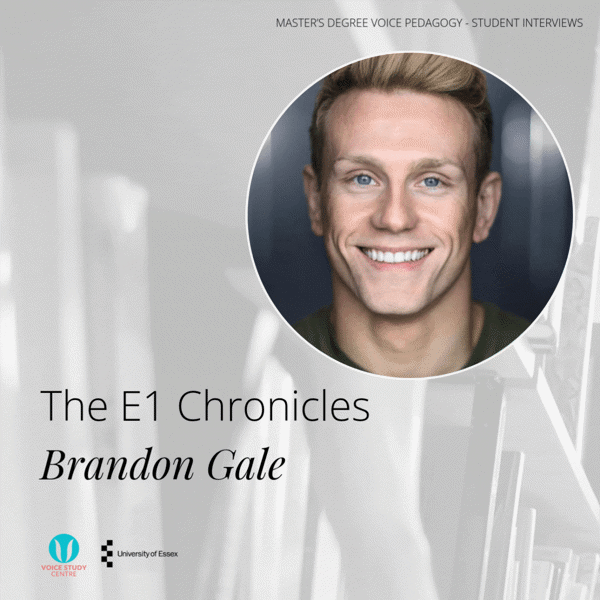Staying focused and maintaining consistent productivity while writing research papers can be challenging. This is where the Pomodoro Technique comes into play, offering a structured approach to enhance your academic writing process.
The Pomodoro Technique was developed by Francesco Cirillo in the late 1980s. It is a time management method that helps individuals maximise their focus and productivity. The technique's name derives from the Italian word for ‘tomato', inspired by Cirillo's use of a kitchen timer shaped like a tomato. The technique involves breaking work into focused intervals of 25 minutes, followed by a short break of 5 minutes. This 30-minute ‘Pomodoro’ is repeated four times. After completing four consecutive work intervals, a longer break of 15-30 minutes is taken.

Applying the Pomodoro Technique to academic writing:
- Set Clear Goals: Before you start a writing session, establish clear goals for what you intend to accomplish during the Pomodoro intervals. This could be outlining a section, drafting a certain number of words, or revising specific paragraphs. Having well-defined objectives keeps you focused and motivated.
- Break Down Tasks: Academic writing projects can often feel overwhelming, especially when working on lengthy papers. Break down your writing tasks into smaller, manageable chunks. Assign each chunk to a Pomodoro interval. This approach prevents procrastination and makes the work more approachable.
- Eliminate Distractions: During your Pomodoro intervals, create an environment conducive to concentration. Turn off notifications, close unnecessary tabs, and put your phone on silent mode. Minimising distractions ensures that you make the most of your focused work time.
- Stay Consistent: Consistency is key when using the Pomodoro Technique. Try to maintain the 25-minute work intervals and follow them with the appropriate breaks. Over time, your brain will become accustomed to this rhythm, enhancing focus and efficiency.
- Track Progress: Keep track of the number of Pomodoro cycles you complete each day. This helps you monitor your productivity and provides a sense of accomplishment as you witness your progress over time.
- Utilise Breaks Wisely: Breaks are essential for rejuvenating your mind. Use the short breaks to stretch, grab a healthy snack, or simply relax. Longer breaks can be used to engage in physical activity and meditate. You should not engage in significant mental activity like watching TV or writing e-mails during the breaks.
- Review and Reflect: After a few Pomodoro cycles, take a moment to review your work. Are you achieving your goals? Is your writing flowing smoothly? Use these moments to adjust your approach if needed and celebrate your achievements.
Benefits of using the Pomodoro Technique for academic writing:
- Enhanced Focus: You train your brain to concentrate on the task by working in focused intervals. This focused approach reduces the likelihood of distractions derailing your writing progress.
- Increased Productivity: The structured intervals prevent burnout and maintain a steady pace of work. You'll likely find that you accomplish more in shorter bursts of focused effort compared to longer, less structured writing sessions.
- Overcoming Writer's Block: The thought of sitting down to write for an extended period can be daunting and lead to writer's block. Pomodoro's short intervals make writing feel less overwhelming, making it easier to get started.
- Time Management: The technique helps you manage your time more effectively by breaking your writing tasks into manageable segments. This can be especially beneficial when juggling multiple academic commitments.
Academic writing doesn't have to be a stressful endeavour filled with prolonged periods of staring at a blank screen. The Pomodoro Technique offers a structured and effective approach to enhance productivity, focus, and the overall writing experience. By incorporating this technique into your routine, you can break down barriers, conquer procrastination, and make significant strides in your academic writing journey. Remember, success lies in your consistency and dedication to each Pomodoro interval. Happy writing!
References:
Bast, F. (2016) ‘Crux of time management for students’, Resonance, 21(1), pp. 71–88. Available at: https://doi.org/10.1007/s12045-016-0296-6
Biwer, F., Wiradhany, W., Egbrink. M. and De Bruin, A. (2023) ‘Understanding effort regulation: Comparing “Pomodoro” breaks and self-regulated breaks’, British Journal of Educational Psychology, 93(S2), pp. 353–367. Available at: https://doi.org/10.1111/bjep.12593
Ismail, N., Putri, Z. and Noviyanti, A. (2022) ‘Pomodoro Technique Analysis in Zoom-Based Classrooms’, JEELS (Journal of English Education and Linguistics Studies), 9(1), pp. 75–96. Available at: https://doi.org/10.30762/jeels.v9i1.4298
Pippa Anderson
Pippa Anderson holds an Mlitt (Master of Letters) in Music, and is also a senior lecturer and vocal health consultant for the musical theatre programme at Leeds Conservatoire and Clinical Vocal Rehabilitation Specialist at Freeman Hospital.





